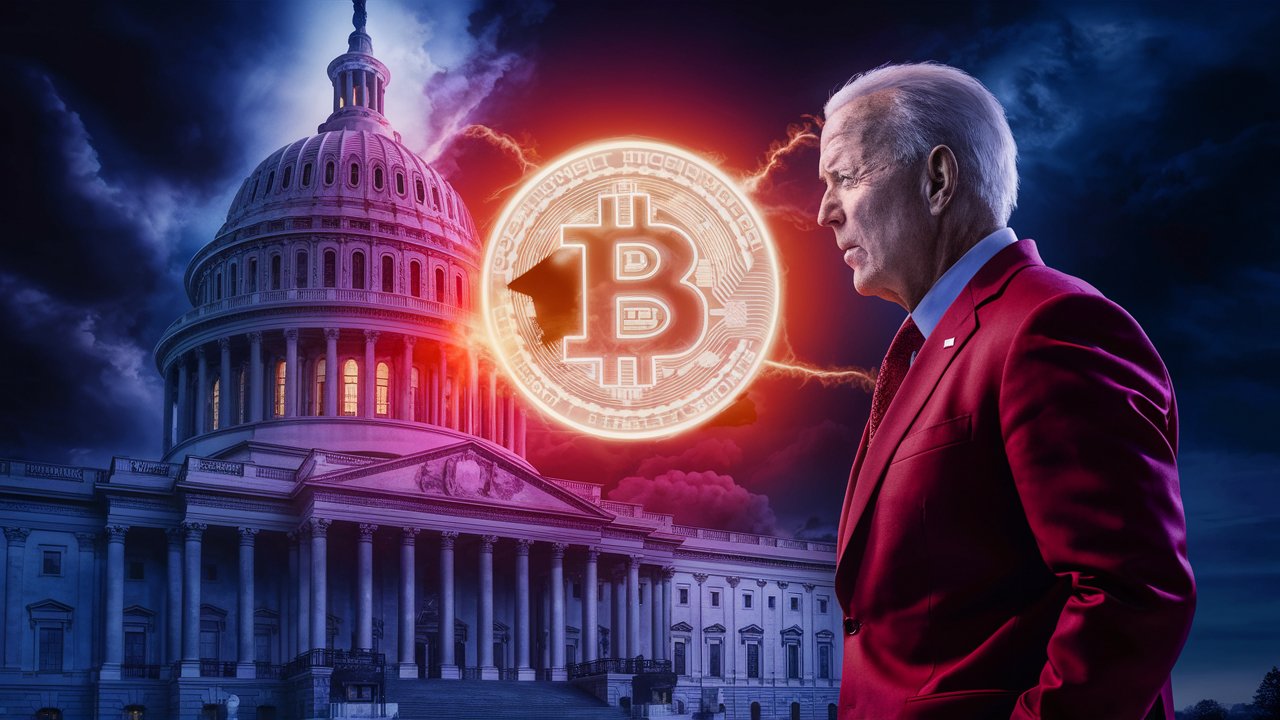
On May 7, 2024, the Nigerian government intended to ban person-to-person cryptocurrency transactions to protect the weakening Naira. The administration will focus on centralized exchanges to regain control over the financial system amid mounting economic challenges.
Nigeria has been struggling with significant inflation and currency devaluation, progressively eroding Naira’s value. This has pushed the government to stabilize the economy and restore confidence in the local currency. Restricting peer-to-peer crypto trading is a crucial step to prevent further depreciation.
The new regulation targets centralized exchanges to control the digital currency market and minimize risks linked to unregulated peer-to-peer platforms. These platforms enable direct trade between individuals, often bypassing government oversight, potentially leading to illegal activities and threatening financial stability.
Authorities recognize that transitioning to centralized exchanges will reshape how individuals and businesses engage in the crypto market. Investors relying on peer-to-peer platforms must adapt, potentially impacting market behavior. With this regulation, the government aims to bolster the financial system’s integrity and safeguard Naira.
Economic context of the regulation
Nigeria’s economy has faced numerous challenges over the past few years, including fluctuating oil prices, foreign exchange shortages, and rising debt levels. These factors have contributed to the economic instability and inflationary pressures that have weakened the Naira. The government’s move to ban peer-to-peer crypto transactions is part of broader efforts to tackle these economic issues and strengthen the national currency.
The decision also comes when the global economic environment remains uncertain, with various countries experiencing slowdowns and market volatility. This backdrop makes the stability of the Naira even more critical as Nigeria seeks to attract foreign investment and improve its economic prospects. Regulating cryptocurrency transactions through centralized exchanges is seen as a way to increase transparency and reduce the risk of financial crimes that could further destabilize the economy.
Impact on the cryptocurrency community
The cryptocurrency community in Nigeria has reacted with concern to the government’s new regulations. Peer-to-peer cryptocurrency transactions have been vital for many Nigerians to bypass traditional banking limitations, including high fees and transfer delays. The ban could significantly alter how digital currencies are used within the country, affecting everything from remittances to investments.
Additionally, the regulation may prompt users to rely more on VPNs and other technologies to bypass restrictions, potentially raising the risks of cybercrime and regulatory challenges. The cryptocurrency community also fears that these strict rules could hinder innovation and restrict Nigeria’s digital economy’s growth.
Despite these concerns, the government maintains that the new policy is necessary to ensure financial stability and protect the interests of ordinary Nigerians from the volatility associated with unregulated cryptocurrency transactions. The evolving situation highlights the delicate balance between innovation and regulation in the rapidly changing world of digital finance.
Read more: Uniswap Launches Live Candlestick Charts on Its Network
Discover more from The African Crypto
Subscribe to get the latest posts to your email.
















